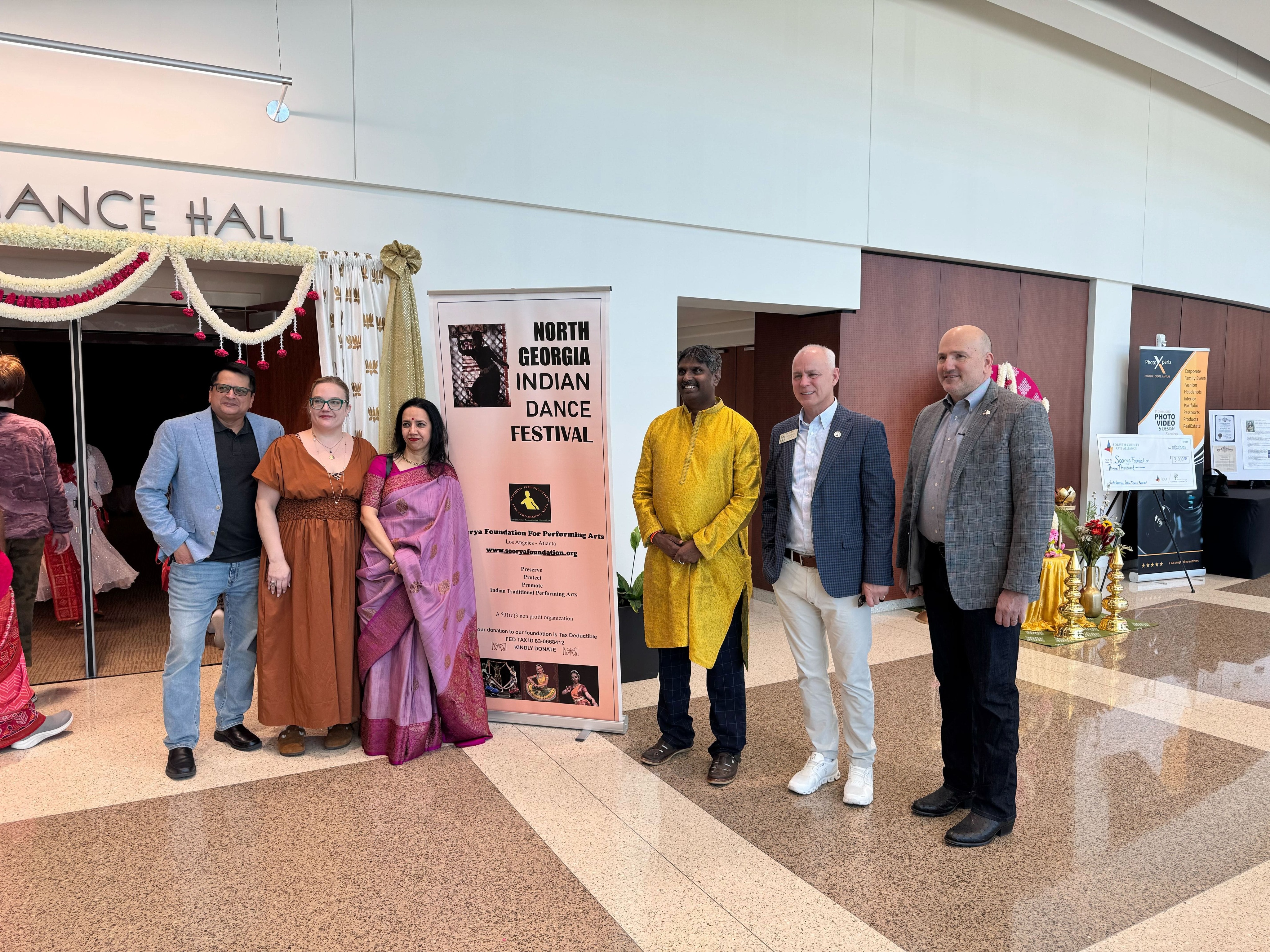Indian-Americans make the TIME Magazine’s 100 AI list
TIME Magazine's 100 AI list spotlights Indian-Americans leading in various AI fields, from ethical activism to healthcare innovation and recycling advocacy
.png) Arvind Narayanan and Sayash Kapoor (top left), and Romesh and Sunil Wadhwani (top right); Tushita Gupta (left), Sneha Revanur (center), and Neal Khosla(right) / Image - TIMES 100 List
Arvind Narayanan and Sayash Kapoor (top left), and Romesh and Sunil Wadhwani (top right); Tushita Gupta (left), Sneha Revanur (center), and Neal Khosla(right) / Image - TIMES 100 List
TIMES 100 AI list featured 100 influential individuals in the field of artificial intelligence (AI) recently. The list featured key figures shaping AI's development, including rivals, regulators, scientists, artists, advocates, and executives.
Indian Americans, Sneha Revanur, Neal Khosla, Tushita Gupta, partners Arvind Narayanan and Sayash Kapoor, and brothers Romesh and Sunil Wadhwani were among those featured on the list.
San Jose, California, junior Revanur established Encode Justice to advocate for ethical artificial intelligence. She feels that young people should have a vote in the regulation of AI because of their familiarity with technology.
Khosla, a 30-year-old machine-learning researcher, co-founded Curai Health in 2017, an AI-assisted telehealth startup aimed at improving access to medical care in the US. The startup has received over $50 million in funding and aims to make high-quality healthcare information accessible to anyone through their phones.
Gupta serves as the chief technology officer of Refiberd, a California-based company that employs AI to determine the composition of textiles with high precision. Synthetic materials like nylon and polyester need this precise sorting to be recycled successfully.
Narayanan and Kapoor are industry experts who are trying to clear up the confusion around artificial intelligence. They wrote a book called "How to recognize AI snake oil" to help people understand what AI can and can't do. They think people sometimes make big claims about AI because it's popular, and AI can be hard to understand because it's new.
In 2018, Indian billionaire Wadhwani brothers started thinking about using AI to tackle global development challenges, especially in places where people live on very little. They started Wadhwani AI to improve healthcare, education, and agriculture in regions where it is difficult to do so. The Wadhwani brothers believe India, with its large and diverse population, is the perfect place for their altruistic AI research.




.jpg)
.png)

.webp)
.png)



.jpg)




Comments
Start the conversation
Become a member of New India Abroad to start commenting.
Sign Up Now
Already have an account? Login